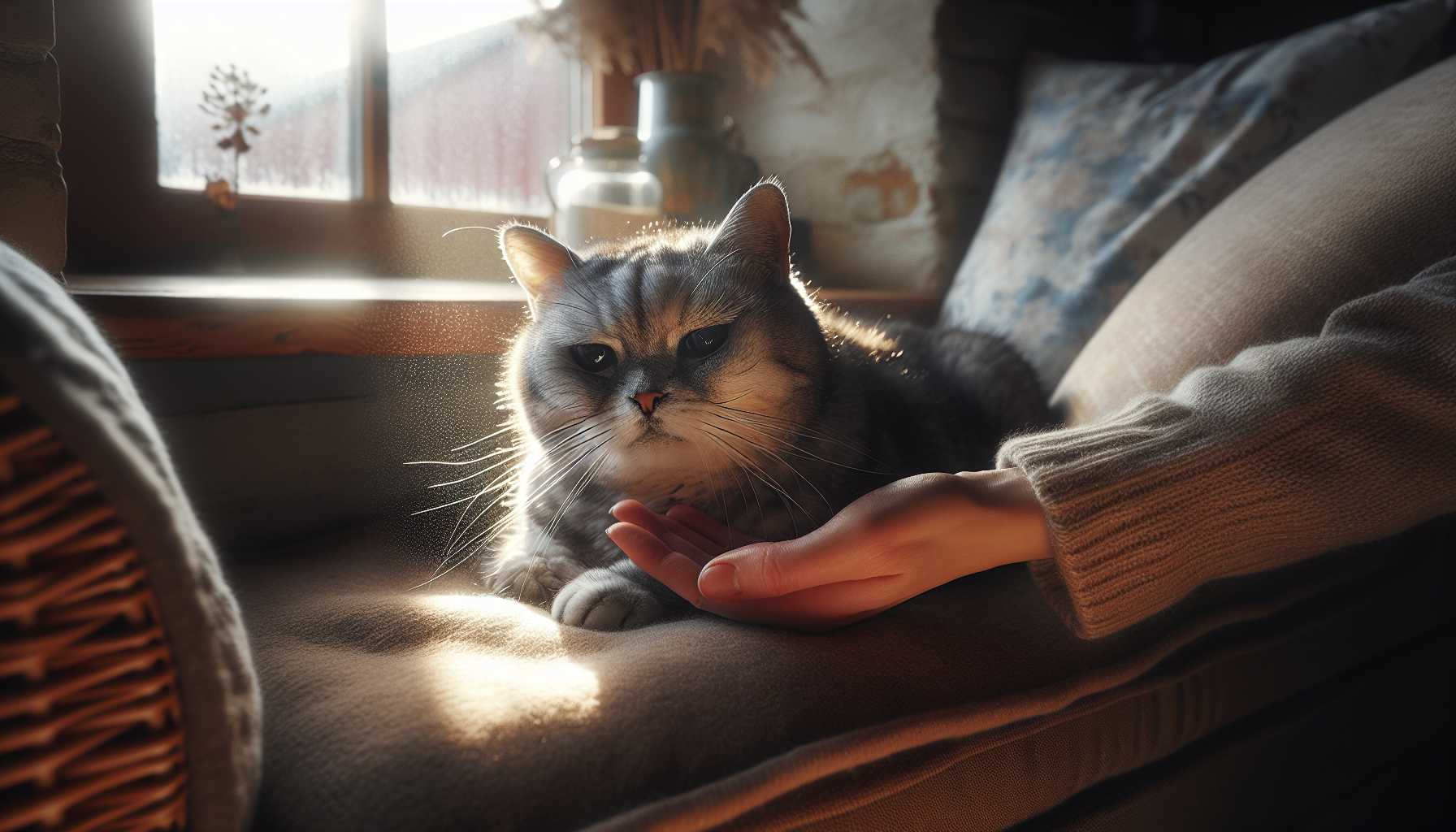As with humans, our beloved feline companions can also experience heart-related issues as they mature. For any pet owner, realizing that your cherished pet is enduring heart disease can be distressing. We will examine how to identify the symptoms and help your aged feline enjoy their life to the fullest.
Grasping the Concept of Heart Disease in Aging Cats
Heart disease tends to be more prevalent in cats as they advance into their twilight years. Your once vivacious feline may begin to exhibit subtle differences. The main heart-related ailments observed in older cats encompass hypertrophic cardiomyopathy and heart valve difficulties.
Identifiable Warning Signs
Be vigilant for the following cautionary symptoms in your older feline:
– Difficult or fast-paced breathing
– Unexpected fatigue during play
– Lowered appetite
– Unfamiliar coughing
– Inclination to hide more than usual
– Distended abdomen
– Frail hind limbs
– Incidences of fainting
The Right Time to Consult Your Veterinarian
Do not hesitate if you observe these shifts in your cat’s behavior or physical health. Early diagnosis can significantly affect the outcome. Your vet can conduct procedures such as:
– A physical exam
– X-rays
– Blood pressure assessment
– Heart echogram
– Blood samples
Managing Your Cat’s Heart-related Condition
Treatment will depend upon your cat’s precise health issue and may comprise:
– Daily medicine dosages
– Changes in diet
– Routine vet visits
– Reducing stress levels
– Gentle physical activities
Crafting a Comfortable Habitat
You can assist in making your aging feline feel better through steps like:
– Arranging accessible areas for rest
– Ensuring food and litter boxes are close at hand
– Sustaining a tranquil, composed environment
– Keeping an eye on their activity levels
– Offering plenty of care and affection
Emphasizing Diet and Exercise’s Significance
Maintaining a wholesome lifestyle can have a considerable impact:
– Provide heart-friendly feline food
– Regulate meal sizes
– Motivate gentle movements during play
– Sustain an optimal weight
– Ponder vitamins or supplements (with your vet’s consent)
Nurturing Your Feline Companion
Keep in mind, this ordeal is not one you are facing alone. Collaborate closely with your vet and give your feline an abundance of love. A multitude of cats diagnosed with heart conditions can continue to enjoy a good quality of life with the appropriate care and supervision.
Contemplating Quality of Life Factors
Prioritize making each day a cherished one:
– Uphold a stable routine
– Regularly check on their comfort
– Dedicate quality bonding time with them.

